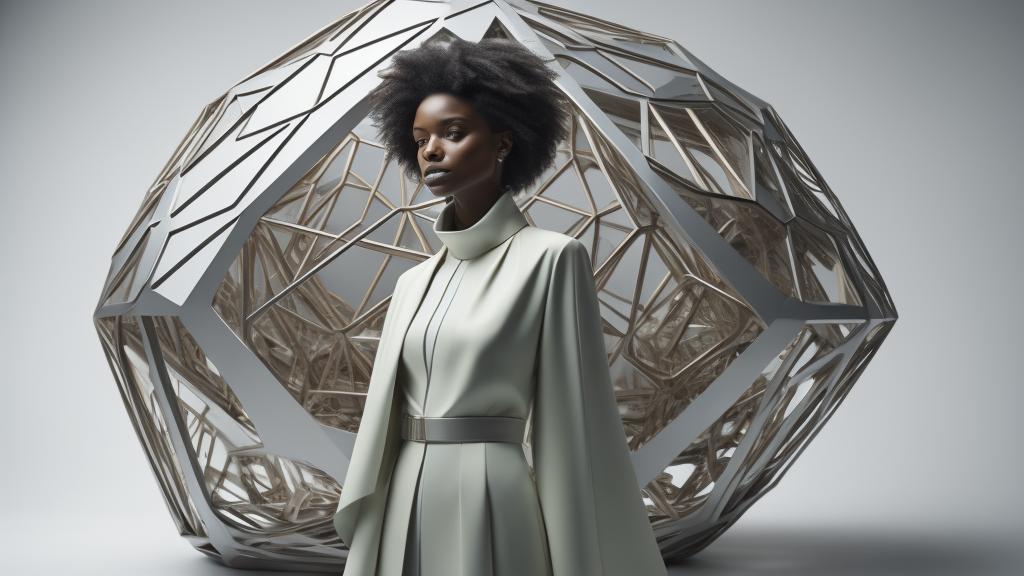The fashion industry is undergoing a transformation as sustainable fashion brands emerge as powerful disruptors. No longer a niche market, these eco-conscious labels are responding to consumer demand for more responsible and ethical production practices. This article delves into how these brands are changing the game and what this means for the future of fashion.
The rise of sustainable fashion comes in response to growing awareness of the environmental and social impacts of the traditional fashion industry. Fast fashion, characterized by its low-cost and high-turnover production, has been criticized for its exploitative labor practices and significant ecological footprint. Brands like Patagonia, Everlane, and Stella McCartney have long been at the forefront of this movement, setting an example with their sustainable business models.
One of the key strategies these brands use is transparency. By providing clear information about their sourcing and manufacturing processes, they build trust with consumers. Everlane, for instance, practices 'radical transparency' by revealing the true costs behind all of its products and showing detailed information about the factories where their clothes are made.
Another approach is the adoption of eco-friendly materials. Organic cotton, recycled polyester, and innovative fabrics like Tencel and Econyl are becoming popular choices for sustainable brands. These materials reduce the environmental impact of fashion production, from water usage to chemical treatments. Ganni, for example, has made a conscious shift towards using more sustainable fabrics while maintaining their fashion-forward aesthetic.
In addition to materials, production methods are evolving. Slow fashion advocates for producing fewer but higher-quality items that stand the test of time. Brands like Eileen Fisher and Elizabeth Suzann emphasize the importance of craftsmanship and longevity over mass production. This shift not only reduces waste but also challenges the culture of disposable fashion.
Sustainable fashion also intersects with social justice. Brands are increasingly focusing on ethical labor practices, ensuring fair wages and safe working conditions for all workers involved in the supply chain. People Tree is renowned for its commitment to fair trade, working closely with artisans and farmers to create beautiful, sustainable clothing.
The consumer's role is crucial in this transformation. Educated and empowered shoppers are demanding more from brands, pushing them to prioritize sustainability. This consumer drive has led to the rise of secondhand and rental fashion markets. Platforms like ThredUp and Rent the Runway are thriving, offering alternatives to traditional shopping that reduce waste and extend the life of garments.
The impact of sustainable fashion is not limited to small, independent brands. Major fashion houses and retailers are also joining the movement. H&M and Zara, for instance, have introduced sustainable collections and are investing in recycling and upcycling technologies. While some critics question the sincerity of these efforts, known as 'greenwashing,' the overall trend towards sustainability cannot be overlooked.
Technological advancements are playing a pivotal role in this shift. Innovations in fabric recycling, waterless dyeing, and 3D knitting are making sustainable production more feasible and affordable. Companies like Bolt Threads and Modern Meadow are taking it a step further, developing lab-grown materials that mimic the properties of traditional textiles without the associated environmental impact.
The fashion industry's move towards sustainability is not without its challenges. High production costs, scalability issues, and the need for consumer education are significant hurdles. However, the momentum is undeniable. As more brands, both big and small, embrace sustainable practices, the industry as a whole is slowly but surely transforming.
Looking ahead, collaboration and innovation will be key. By working together, fashion brands, consumers, and innovators can create a more sustainable and ethical future for fashion. The challenge now lies in maintaining this momentum and continuing to push for change at every level of the industry.
Sustainable fashion is not just a trend; it's a necessary evolution. As we witness this disruption, it's clear that the future of fashion lies in our collective efforts to create a more responsible and conscious industry.
How sustainable fashion brands are disrupting the industry

